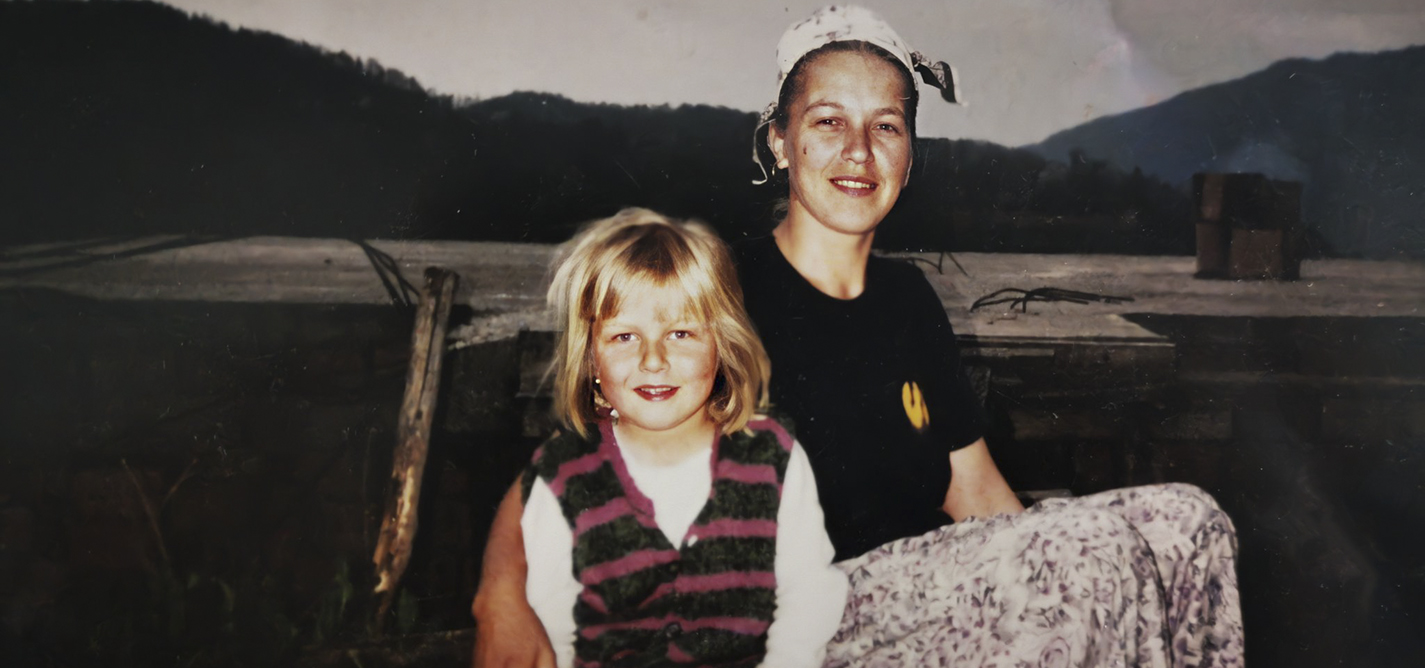
We survived, but a part of us died in Srebrenica
The Srebrenica genocide as seen through the eyes of a child.
My grandfather became our protector, even though he was a man in his sixties. I still remember the day we saw him for the last time.
"They are human, they are human. Why don't they have any horns on their heads?"
I asked my mother where my grandfather is. She told me that he is gone.

Selma Jahić
Selma Jahić was born on May 22, 1988 in Srebrenica. She lived with her family in a village called Blječeva which belonged to the community of Bratunac. After the war, in 1995, the family sought refuge in Vienna, Austria where they started a new life.
This story was originally written in English.